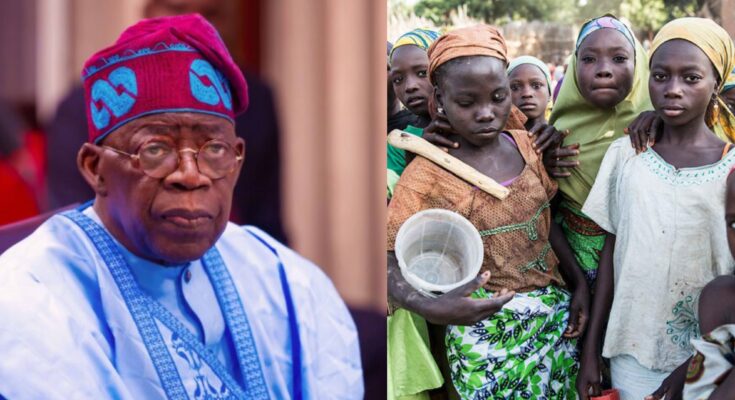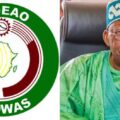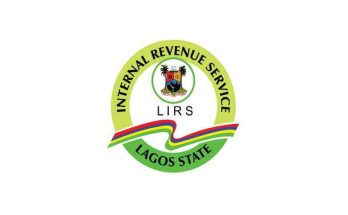The prevailing issue of lack of formal education among girls in our beloved nation, Nigeria is really depressing.
As the leader of our great country, your guidance and influence are important addressing this pressing matter.
The importance of education in the development of any nation cannot be overstated. It is the cornerstone of progress, a means for individual empowerment, and can speed up societal transformation. However, the gender disparities in education in Nigeria, particularly among girls, have remained a significant concern.
READ ALSO: Oshoala: Super Falcons star player to mentor youngsters on International Girl Child Day
Seven policies that can improve the lack of education
The statistics paint a stark reality. According to UNICEF, Nigeria has one of the highest rates of out-of-school girls in the world, with over 5 million girls not attending formal educational institutions. The reasons are multifaceted and include socio-economic disparities, cultural norms, early marriages, and inadequate infrastructure, among others.
Mr President, your leadership can make a substantial difference in addressing this issue. I would like to offer some recommendations that, if implemented, can help fight the lack of formal education among girls in our nation:
- Girls’ Empowerment Programs: Support programs that focus on girls’ empowerment and community awareness. These programs can help challenge traditional beliefs that hinder girls’ education and promote their rights.
- Investment in Infrastructure: Allocate resources to improve and expand the educational infrastructure, especially in rural and marginalized areas. This should include building more schools, providing safe transportation, and ensuring access to clean water and sanitation facilities in schools.
- Financial Support: Explore opportunities for scholarships, grants, and incentives to keep girls in school and to help them pursue higher education.
- Community Engagement: Encourage community involvement and partnerships with NGOs, civil society, and religious organizations to create a supportive environment for girls’ education.
- Teacher Training and Welfare: Invest in the training and welfare of teachers to ensure that quality education is delivered. Motivated and well-trained teachers are essential for improving the learning environment.
- Data Collection and Monitoring: Implement a robust data collection and monitoring system to track progress and identify areas that require intervention.
- Enhanced Policy Framework: Strengthen and enforce policies that promote equal access to education for all, with a particular emphasis on girls. This includes implementing the Universal Basic Education Act and ensuring that it reaches the most rural communities.
Mr. President, your leadership in applying these efforts can significantly impact the education of girls in Nigeria.
The benefits will extend beyond individuals to the entire nation, as educated girls become empowered women who contribute to the social, economic, and political development of our country.
In conclusion, I implore you to take decisive action in addressing the lack of formal education among girls in Nigeria. It is not only a matter of justice and equality but also an investment in the future prosperity of our nation.
By prioritizing the education of our girls, you can leave an indelible mark on the history of Nigeria and ensure a brighter and more equitable future for all.








